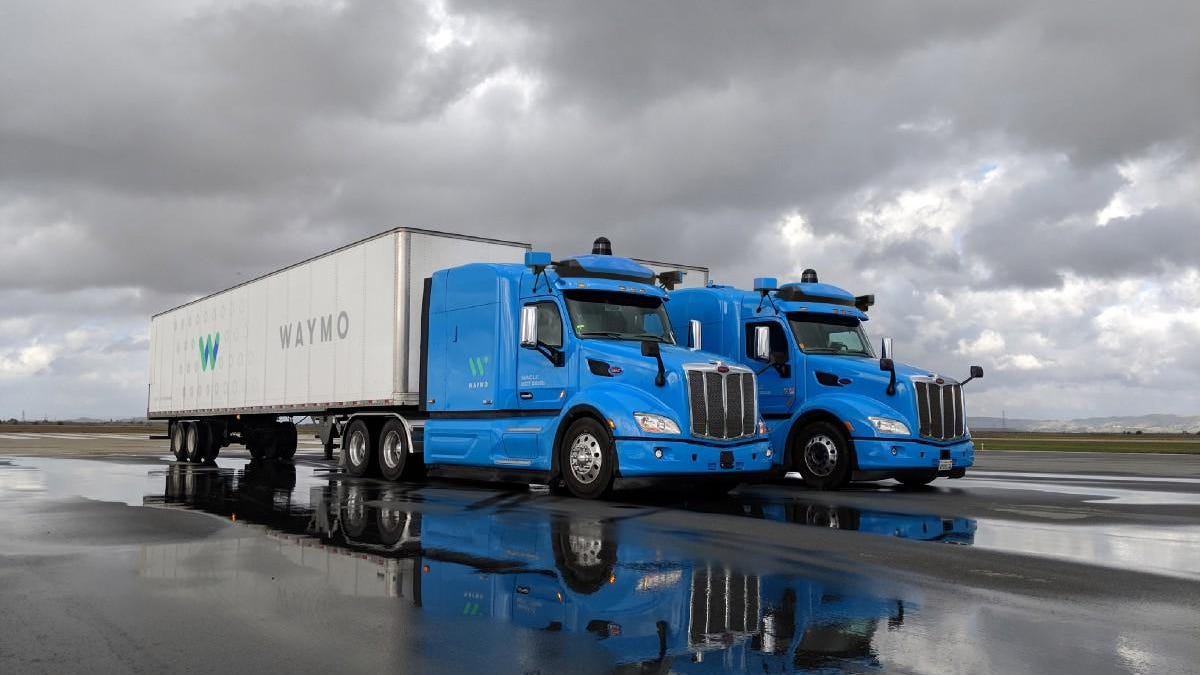Self-driving trucks unlikely to replace truckers en masse through 2028
A new study from the American Center for Mobility should have truckers breathing easier in the short term.

The specter of autonomous trucks has long loomed over the trucking industry, with many worried that massive job losses will occur once trucks start driving themselves. But according to a new study, that might not be the case for some time.
The American Center for Mobility (ACM) commissioned a study from Michigan State University and Texas A&M's Transportation Institute to investigate potential effects of self-driving vehicles over the next decade. The study concluded that, despite the doom and gloom, autonomous trucks won't result in massive layoffs over the next decade.
Having a 10-year heads up on your job prospects sounds pretty okay, actually.
Instead, the study believes that self-driving trucks "will largely support truck drivers instead of replacing them," said the ACM in a press release. The same can be said for the limousine and transit industries, where human interaction and passenger assistance still require a great deal of manned vehicles. However, workers in these fields may need to undertake additional training in order to best utilize fledgling AV tech.
Some of this comes from the fact that the trucking industry has issues filling every one of its open seats right now. While lucrative, the idea of long hours on the road and increasing electronic scrutiny from companies haven't exactly sent people flocking to the industry. Thus, before drivers get replaced, autonomy will actually help make up for current personnel shortages.
"Automated vehicle technology could incorrectly be viewed as a change that will eliminate driving jobs; however, the more nuanced assessment is that over the next decade the innovation will foster broader societal changes resulting in shifts in the workplace and workforce demands," said Sheila Cotton, a professor at Michigan State, in a statement.
The study doesn't look further out than a decade or so. At that point, it's entirely possible that AVs might well start taking human drivers out of the equation. That's why the study notes that education is essential to ensure that people looking for work in the industry will be able to meet the needs of new jobs that spring up as a result of autonomy.

